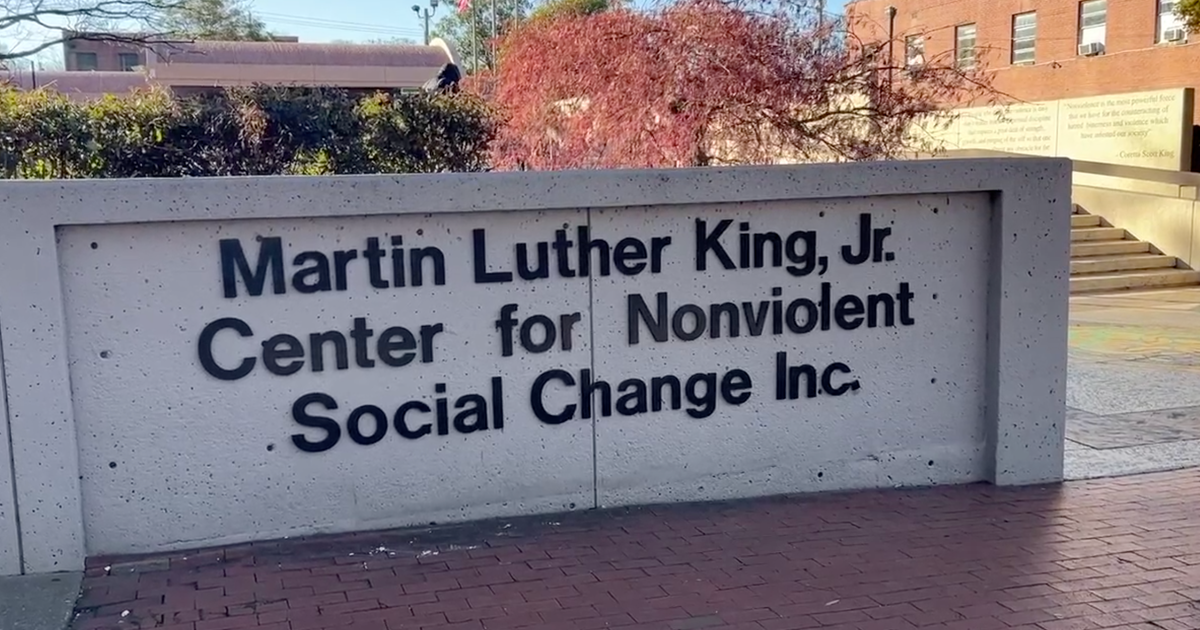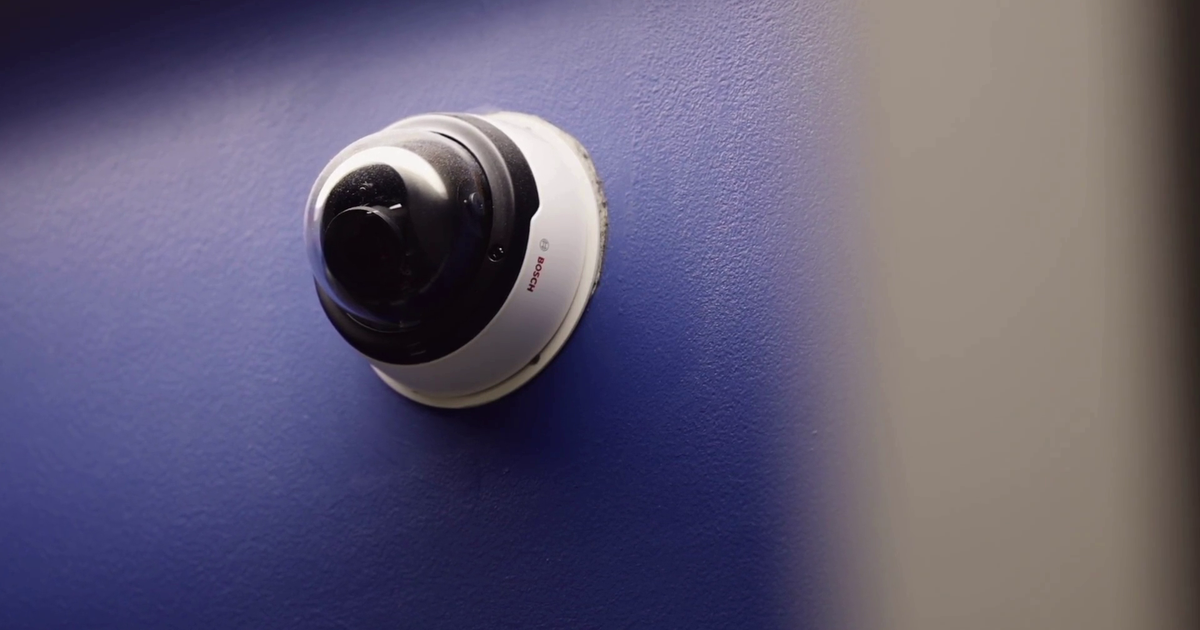California bans chokeholds, shortens probation sentences and moves to independently probe police
California Governor Gavin Newsom on Wednesday signed a flurry of bills in response to nationwide calls for racial justice and equality across the country, banning the police use of chokeholds during arrests, shortening the maximum length of probation sentences and allowing the state's attorney general to independently investigate police shootings.
"Americans across the country took to the streets this summer rightfully demanding more and better of our criminal justice system – and of ourselves," Newsom said in a statement. "We heard those calls for action loud and clear and today are advancing reforms to improve policing practices by ending the carotid hold and requiring independent investigations in officer-involved shootings."
Assembly Bill 1196 bans the police use of chokeholds during arrests, while AB 1506 sets the stage for the independent probes of police. AB 1950 hopes to address recidivism rates by shortening probation time for most misdemeanor offenses to one year, and most felony charges to two years.
In addition to its sponsor, Assemblywoman Sydney Kamlager-Dove, the bill was championed by the REFORM alliance. Jessica Jackson, the group's chief advocacy officer, said the reduction in sentences will help residents because they're "no longer going to have decades-long probation sentences where they're constantly in therapy and sent back to jails and prisons."
"I saw one case with a woman who had been put on probation and unfortunately, she ended up losing her job. She didn't have a car, she wasn't able to get to her probation appointments, missing several in a row. She was then incarcerated and her kids were put into the foster care system," Jackson told CBS News. "We've seen a lot of these egregious examples, whereby being on probation, you're constantly in fear of being sent back."





